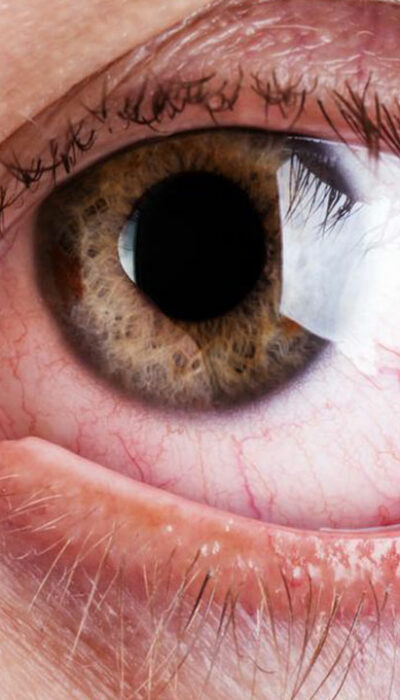
8 Useful Treatments for Irritable Bowel Syndrome
A prevalent digestive disorder, irritable bowel syndrome (IBS) currently affects millions of individuals in the country. This chronic condition causes abdominal pain and distress in the large intestine causing unusual bowel movements. The common symptoms of IBS include diarrhea, constipation, diarrhea with constipation, intestinal cramps post meals, bloating, etc. However, these symptoms can vary from person to person. Interestingly, IBS is more common in women. However, the precise reason behind it is still not known. Although there is a combination of issues that can trigger IBS such as food allergies, pain sensitivity, bacterial infections, an imbalance in body chemicals, hereditary factors, psychological issues such as anxiety, depression, etc. There are three types of IBS, i.e., IBS with diarrhea, IBS with constipation, and IBS mix (diarrhea with constipation). You can seek the help of your doctor for irritable bowel syndrome treatment, based on the type of your IBS distress. To help you understand your options better, here are some of the common irritable bowel syndrome treatments implemented. The remedies mentioned below are a combination of medical assistance and personal initiatives to improve your IBS condition. Medications – Under your doctor’s guidance, you can begin a course of prescription drugs. These may include antispasmodics, antidepressants, antibiotics, etc., which can assist in alleviating some of your symptoms. Your doctor will recommend any one of these or a combination of medications. For instance, antispasmodic medicines are for relieving spasms and abdominal pain. Moreover, antibiotics will be apt for an irritable bowel syndrome treatment for controlling bacterial infections. However, always remember you should not consume any medications without your doctor’s knowledge. Apart from prescription drugs, there are certain over-the-counter medications which can aid in decreasing your digestive woes. Psychological assistance – If the onset of IBS has led to depression or anxiety, then you should visit a therapist who could counsel you about stress management.










